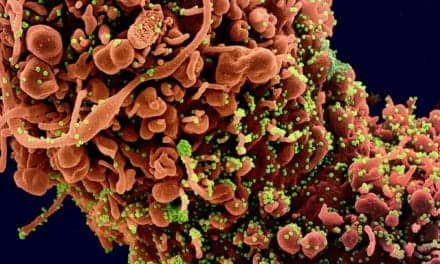A new study explores the role of environmental factors in RSV pathogenesis.
A new study, funded in part by the National Institute of Environmental Health Sciences (NIEHS), offers insight into the network of mechanisms involved in triggering a life-threatening respiratory disease in infants, respiratory syncytial virus (RSV) bronchiolitis, which is an important public health issue worldwide.
The result is what researchers describe as a plausible definition of the mechanisms involved in the interaction of environmental, genetic, epidemiological, and immune factors in the development of the disease in infants. The study takes into account the broad range of environmental factors, which include the effects of viral load, compounding bacterial and irritant exposures, and socioeconomic status on host susceptibility.









